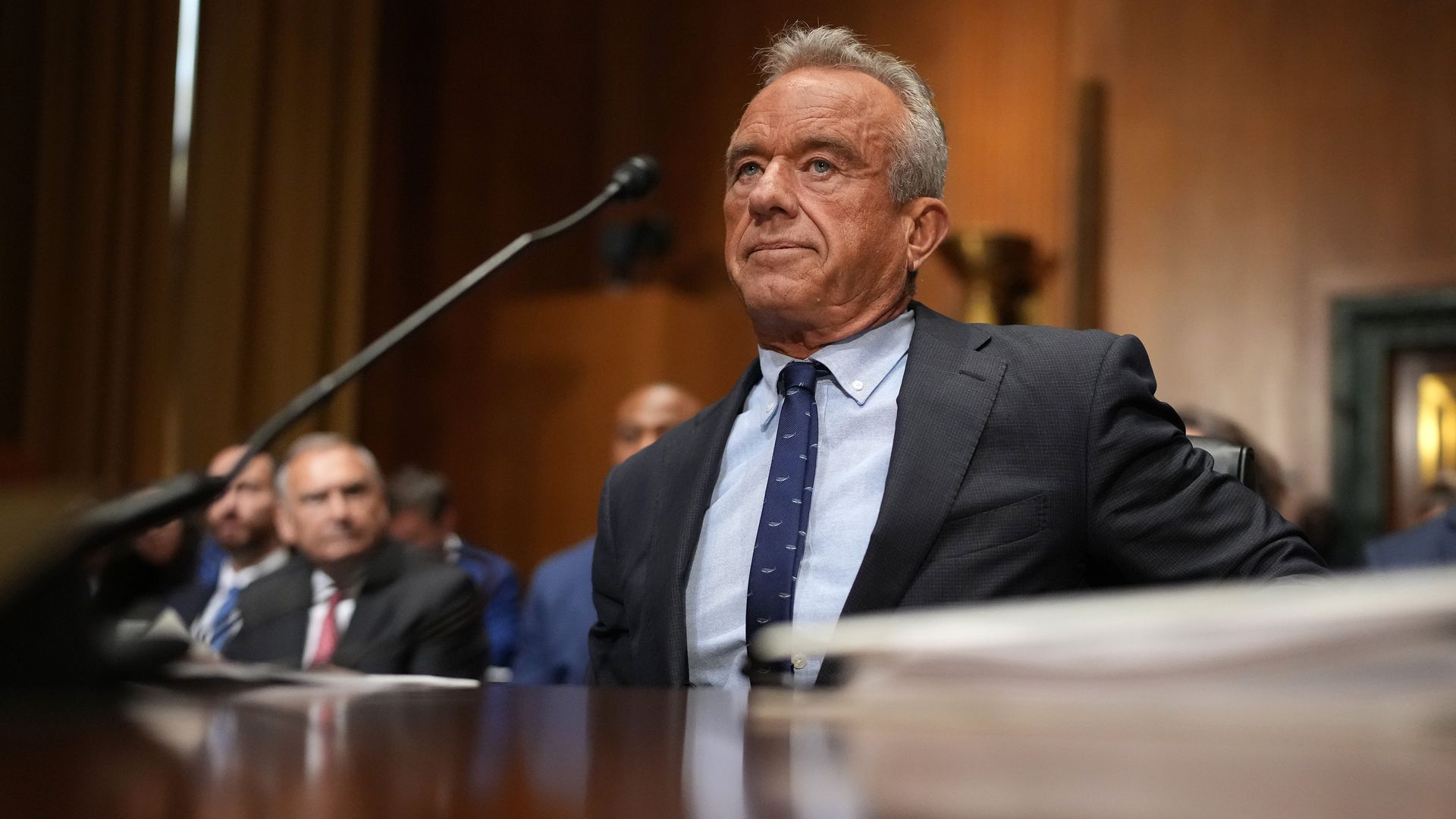Robert F. Kennedy Jr. Faces Senate Grilling Over Vaccine Policies
Health and Human Services Secretary Robert F. Kennedy Jr. faced intense bipartisan questioning in the Senate over his controversial vaccine policies and recent shake-ups at the CDC.

Health and Human Services Secretary Robert F. Kennedy Jr. endured a contentious three-hour hearing before the Senate Finance Committee on Thursday, as lawmakers from both parties pressed him on his sweeping changes to federal vaccine policy and the leadership turmoil at the Centers for Disease Control and Prevention.
Bipartisan Scrutiny Over Vaccine Policy and CDC Upheaval
Kennedy, who has long been a controversial figure for his views on vaccines, faced pointed questions from both Democratic and Republican senators. The hearing came just a week after the abrupt firing of CDC Director Susan Monarez and the subsequent resignation of several top officials in protest. Kennedy defended the shake-ups, insisting they were necessary to "restore public trust," but critics accused him of undermining scientific independence and politicizing public health leadership.
Sen. Bill Cassidy, a Louisiana Republican and physician who previously supported Kennedy's confirmation, challenged the secretary's decision to limit access to mRNA COVID-19 vaccines and cancel $500 million in federal funding for mRNA research. Cassidy argued that these moves effectively deny Americans access to life-saving vaccines, while Kennedy countered that the changes were based on "new evidence" and a desire to focus on "the most vulnerable populations." Other Republicans, including Sens. John Barrasso and Thom Tillis, expressed deep concern about Kennedy's approach, with Barrasso emphasizing the global life-saving impact of vaccines and warning against policies that could erode public confidence.
Contentious Claims and the Autism Debate
Kennedy's appearance was marked by heated exchanges not only over vaccine access but also over his longstanding claims linking childhood vaccines to autism, a theory repeatedly debunked by scientific studies worldwide. During the hearing, Kennedy referenced a CDC "whistleblower" who allegedly uncovered data suggesting a link between the measles-mumps-rubella vaccine and autism in Black boys, a claim that has been discredited by independent reviews and the retraction of related research. Senators questioned the legitimacy of ongoing HHS research into autism, expressing skepticism about the scientific rigor of Kennedy's agenda.
Despite bipartisan criticism, Kennedy remained combative, accusing some senators of "making things up" and dismissing dissent as "gibberish." The White House, meanwhile, maintained public support for Kennedy, even as President Trump acknowledged recent "mess" at the CDC. The hearing provided no indication that Kennedy plans to reconsider his controversial reforms, and he signaled that further announcements on autism research are forthcoming, despite widespread skepticism among experts.
The Senate hearing underscored the deep divisions within Congress and the broader public health community over the direction of U.S. vaccine policy and the leadership of the nation's health agencies. With Kennedy showing no signs of backing down, the debate over the future of vaccine regulation and scientific independence is likely to intensify in the coming weeks.